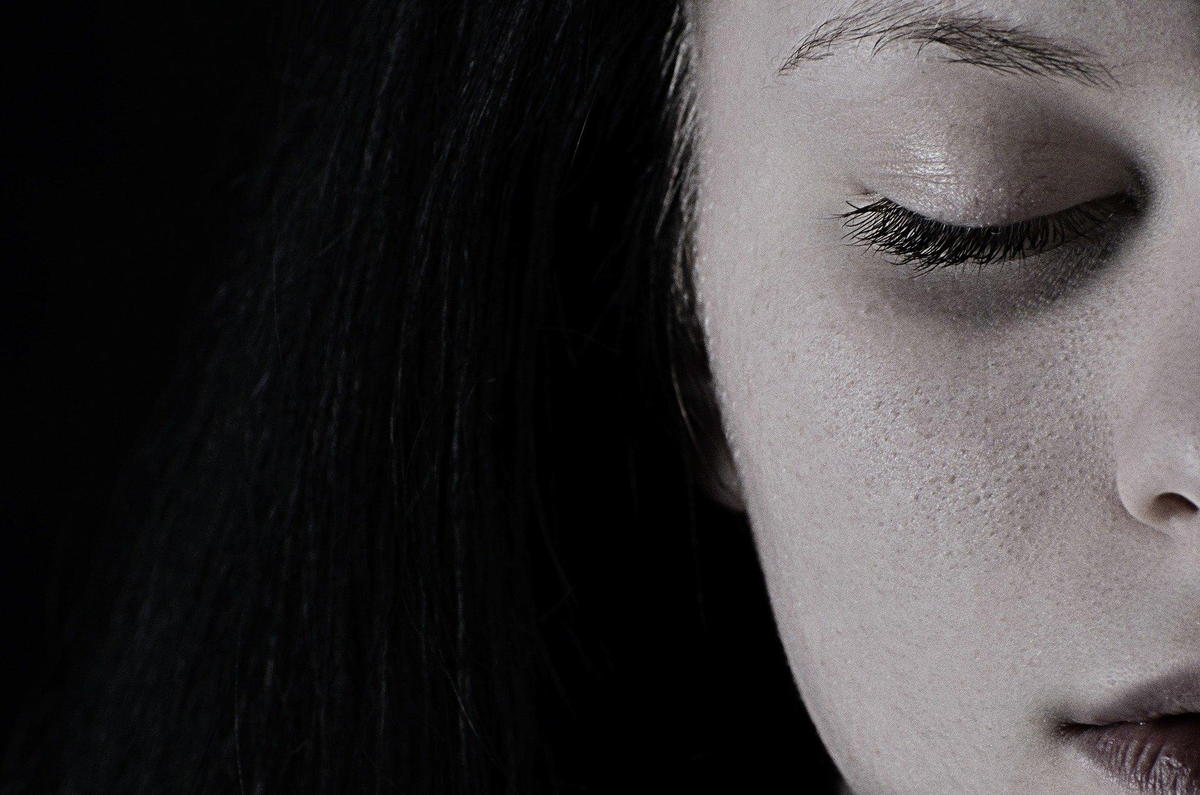
If you’ve ever felt detached from your own body and thoughts, as well as your feelings, or if you’ve ever felt disconnected from the world around you, you may be experiencing depersonalization or derealization disorder.
They sound like big, scary words, don’t they? Doesn’t it sound as though people who experience this have “lost touch with reality?”
Not exactly.
People who have depersonalization disorder, or derealization disorder, know that how they are perceiving the world around them isn’t real. Their awareness, memory, or consciousness may be disrupted or broken – they’re absolutely aware that their feelings of detachment or depersonalization isn’t fact. In contrast, people who have psychotic disorders can’t tell that they’re not living in reality.
You may be surprised how common transient depersonalization actually is; the Cleveland Clinic estimates that about half of all people experience brief moments of depersonalization. Think of a time when you feel like you momentarily detached from your environment, like you were watching yourself going through something in a movie.
Most of the time, there are no known triggers to depersonalization, but people who have certain physical disorders may be at higher risk than those who don’t. Experts have reported that people who may have a history of other mental health disorders may also be at higher risk, as well as those with a nervous system that’s less reactive to emotions typically. People who’ve undergone trauma, like abuse, death or natural disasters, may find themselves experiencing depersonalization symptoms; people who abuse drugs or who are extremely fatigued are at similar risk.
The symptoms are usually mild. You may feel disconnected from your body or environment, as mentioned earlier, or you might feel like you’re floating outside of your body and watching yourself from space. You might feel like you’re in a dream or a trance. You might even feel like you’re going a little crazy. Some say they feel depressed, anxious. Others say they feel nothing, like they’ve become a robot just going through the motions.
While there’s no hard and fast treatment for depersonalization or derealization specifically, a mental health professional will want to talk with you about potential bigger issues – you’ll have to address your general health and the severity and frequency of your symptoms. You’ll be asked if your symptoms are recurrent, or if the symptoms have begun to interrupt your day-to-day life.
Talk therapy is typically the treatment of choice for many people who have experienced depersonalization. You may choose to attend cognitive behavioral therapy sessions, which will focus on changing how you think, or you may be encouraged to try out EMDR (eye movement desensitization and reprocessing). Creative therapies are an option too – this is the type of therapy that embraces music or art in an effort to help you collect your thoughts in a creative space.